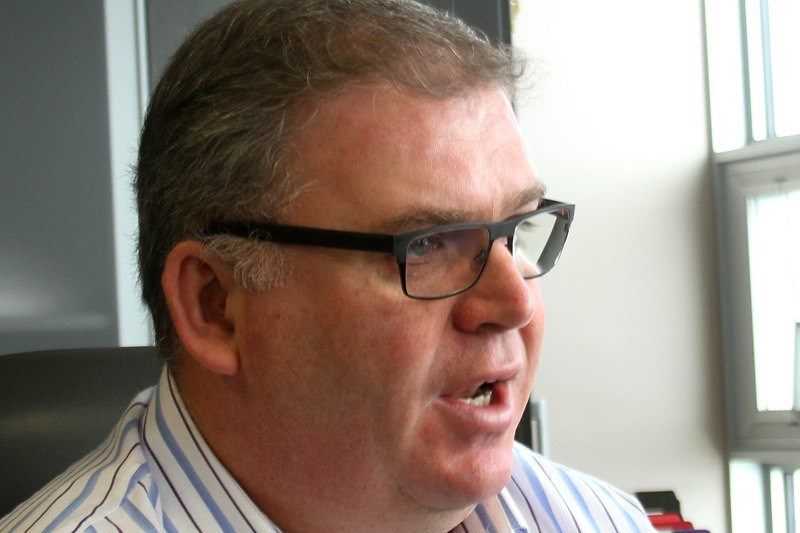Paramedics are trained to handle medical emergencies.
But they're also responding to numerous non-emergency calls that officials say wreak havoc throughout the entire system.
With the goal of alleviating that burden for emergency responders, Superior North EMS chief Norm Gale is looking to tap into a $6 million fund across the province to develop and create community paramedicine programs that would help divert non-urgent calls.
The programs would give people an alternative service to maximize the efficiency of emergency responders and provide financial savings.
“Paramedics are often getting sent to calls where they are not well-suited to provide that care,” Gale said on Friday.
“What a community paramedic could do in a new, unique fashion is provide care to those people or participate in the health care and social services system so those people get the care they need.”
The provincial funding, which was announced by the Ministry of Health in January, will seek to provide improved access to home care and other community support services.
That means fewer trips to hospital and creating better links to other resources.
Currently, paramedics are sent to a substantial number of calls that Gale identifies as being a result of psycho-social, poverty, violence or homeless issues.
Sending emergency responders who are not trained in those scenarios is not fair to the paramedics or the callers, he said.
Gale was on a ride along with paramedics recently and responded to a situation where the caller dialed 911 looking for a ride to the Shelter House. The Shelter House’s Street Outreach Services program was contacted and transported the individual.
To prevent instances like that from happening in the future, he envisions a program that can be aligned with social services such as the Shelter House and the Thunder Bay Drug Strategy to provide appropriate care throughout the community.
It would also be an avenue to utilize paramedics who are either injured or only able to perform limited duties.
In smaller communities across the district, Gale provided an example of paramedics doing scheduled home visits to elderly residents between calls to monitor their health and ensure the home is free of hazards. That would help them remain independent at home for longer, and not forcing them into a care facility.
A local task force composed of the Thunder Bay District Health Unit, Northwest Community Care Access Centre and the Northwest Local Health Integration Network will create a funding proposal to the Ministry of Health within the next six weeks.
They are seeking up to $300,000.
Earlier this week Gale and other members of the Ontario Association of Paramedic Chiefs met with Minister of Health Deb Matthews, where she reaffirmed her support for the project.
